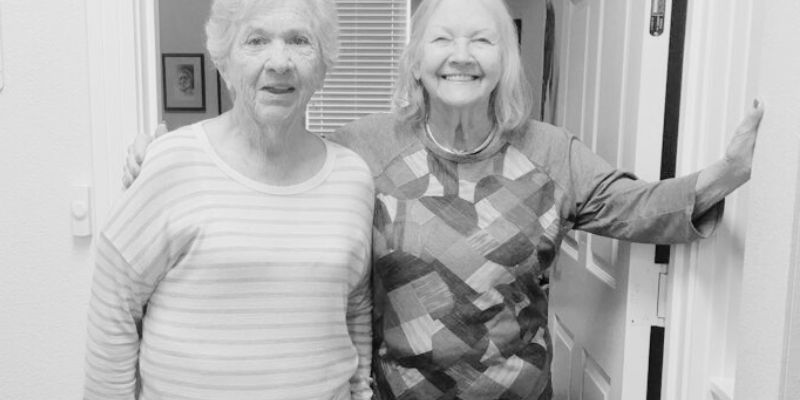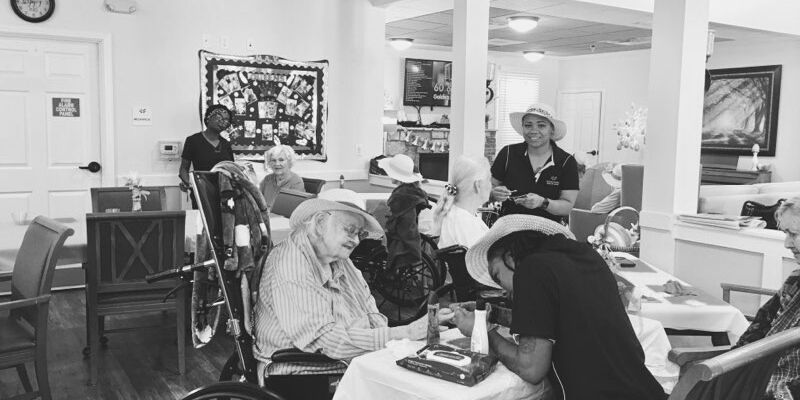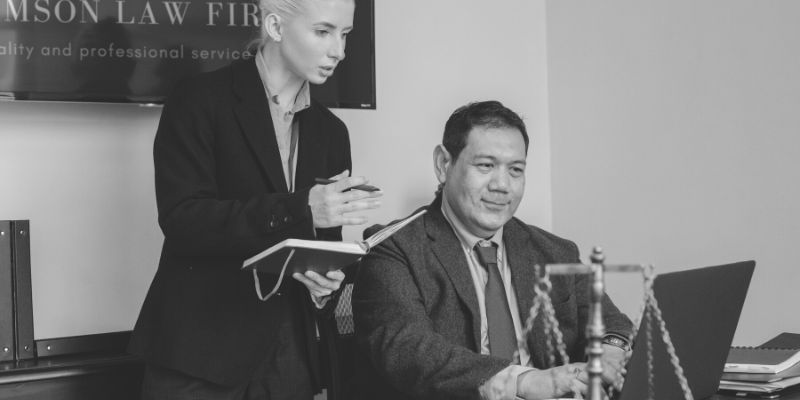Wondering how to get guardianship of a parent with dementia? We have practical advice and resources to help navigate this difficult process. Learn more!


Wondering how to get guardianship of a parent with dementia? We have practical advice and resources to help navigate this difficult process. Learn more!

Has your loved one recently been diagnosed with dementia or another memory condition? We understand that coming to terms with the diagnosis and...

If you’ve been looking for a private room in assisted living for your parent, you know that it can be a frustrating task. Many communities have a long wait list for private rooms – but what if your parent needs 24/7 care now? You might consider skipping the wait, since companion rooms offer a range of benefits for individuals with memory care issues.

We know that when it comes to your parent, you want things to stay the same for just a little longer. And maybe you’re not quite sure that they’ll be happy in senior living. We know because we felt the same way. That’s why we founded Sundara – to create a senior living community that felt good enough for our own parents.

Looking for senior care can be a daunting task. There are so many types of care available that it’s sometimes difficult to know which one is right for your loved one, but it helps to keep in mind that each type of senior care is designed to meet specific needs. The first step to filtering out all the noise and making the right choice is to determine what your loved one’s needs are.

A power of attorney (POA) is a legal document that gives someone the legal power to act on someone else’s behalf. The person who’s been granted the authority is called the agent. The person who signs a POA, making someone else their agent, is called the principal. A POA can only be authorized by someone who’s found to be mentally competent, which is why it’s so important for individuals diagnosed with dementia to create a POA before the condition progresses.

We know that the search for financial help for the care of your loved one with dementia can be time-consuming and challenging. Like so many others, you may not be aware that the Veterans Benefits Administration offers several program options that can help with the financial aspects of memory care, Aid and Attendance, and Housebound allowance.

As people age, they become more vulnerable with specific legal matters that are much different than the younger population, such as long-term health care, living arrangements, and unique financial needs. Seniors and their family caregivers can find themselves in overwhelming and sticky situations without adequate legal planning. But who can help? Luckily, attorneys are available that practice elder law.